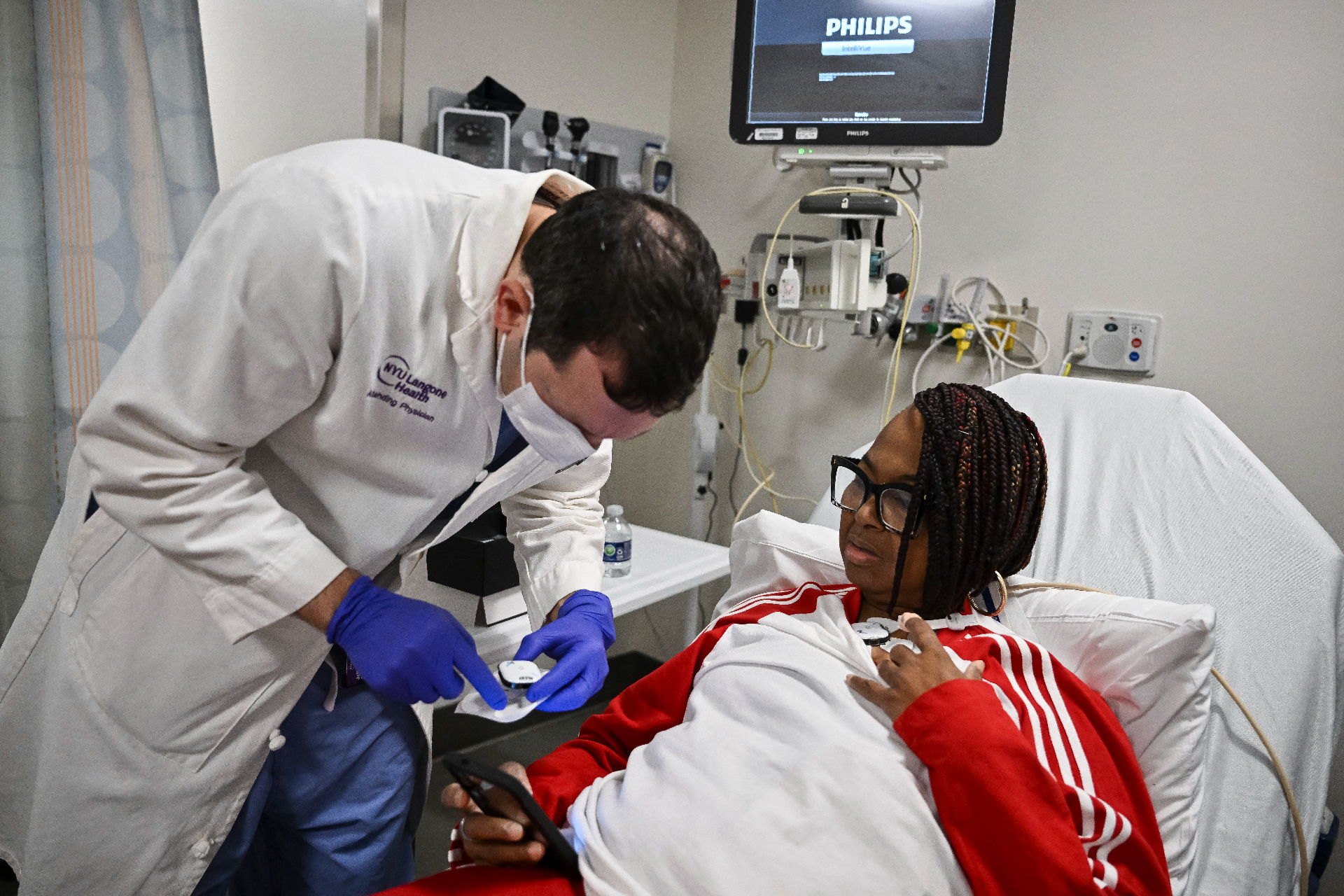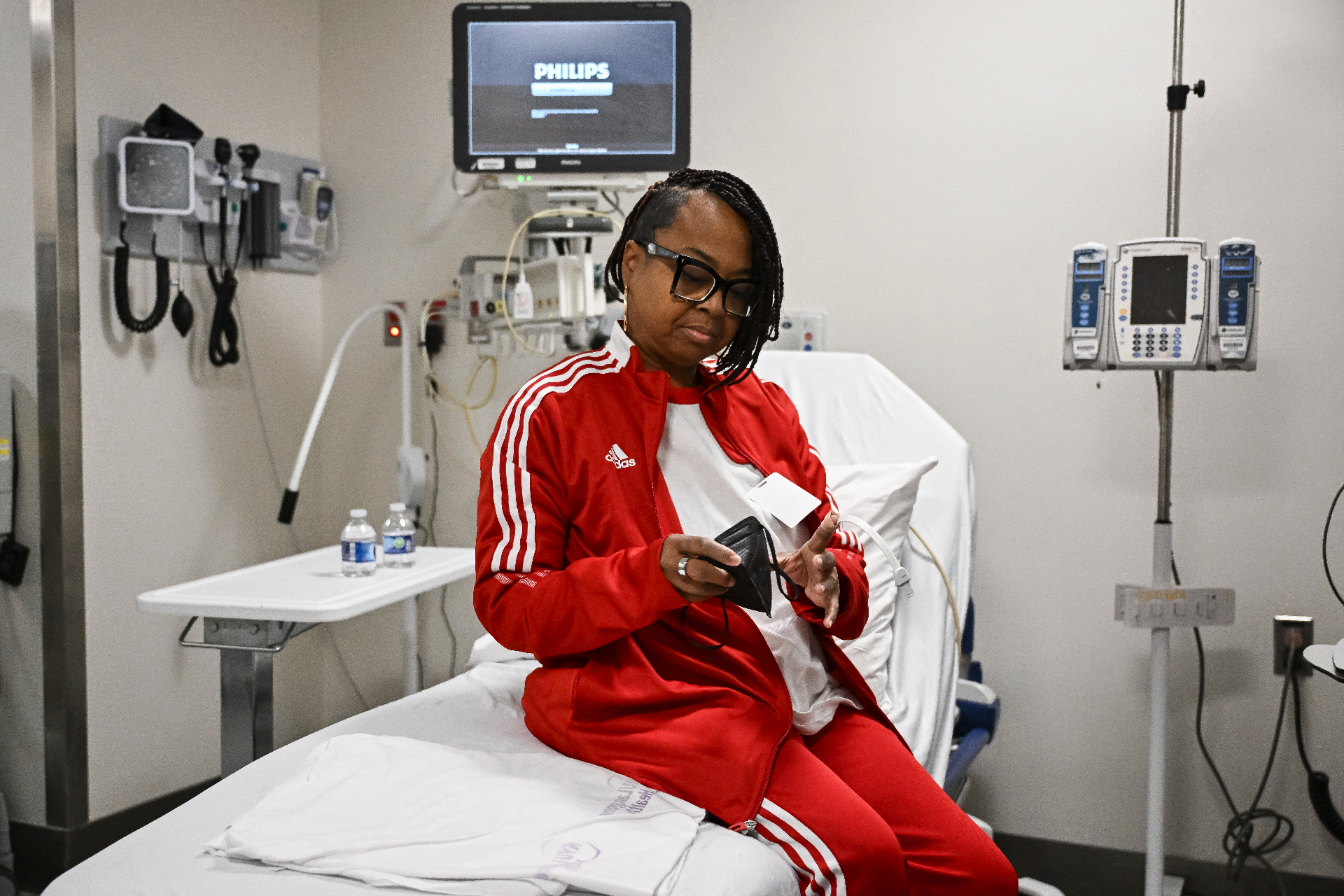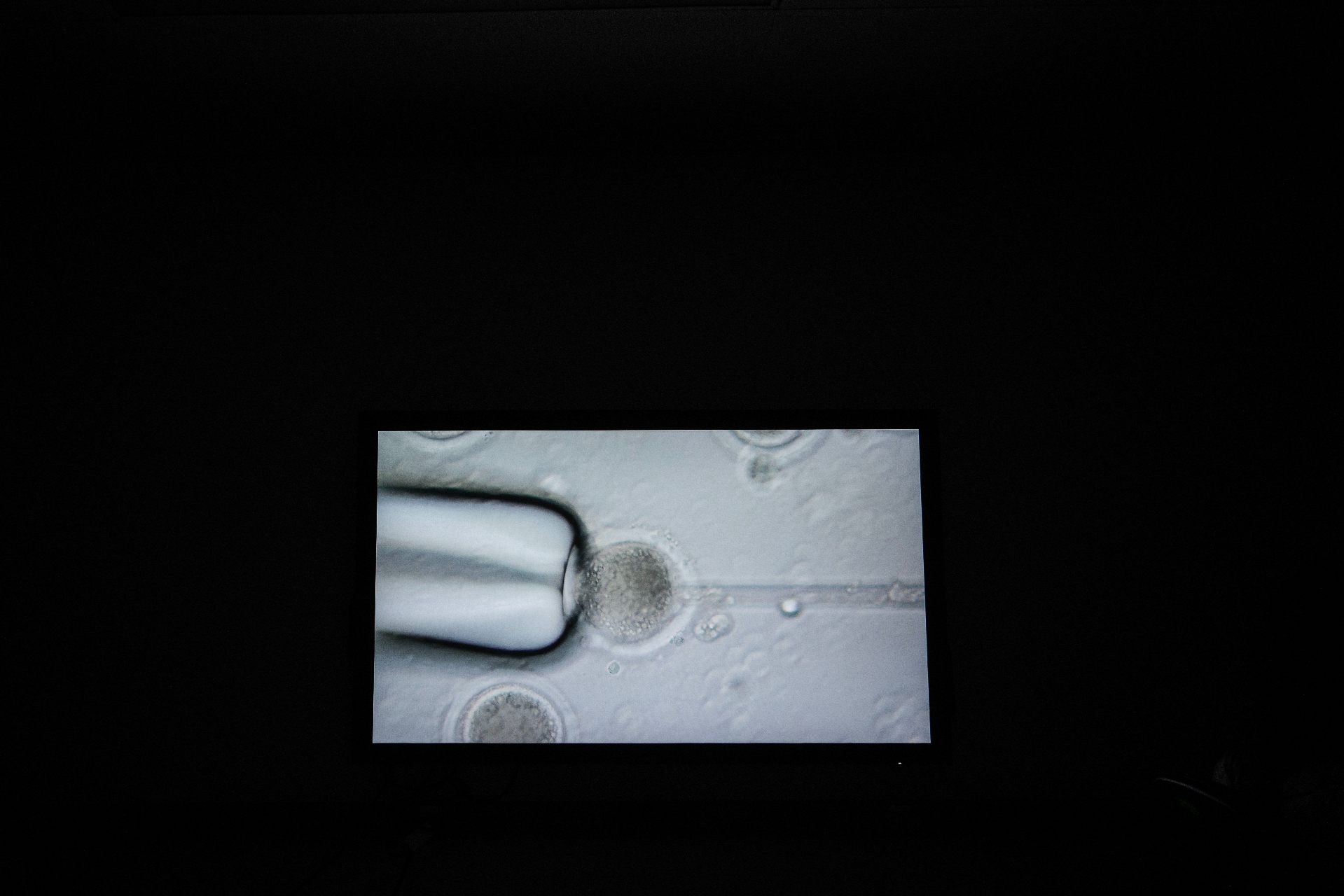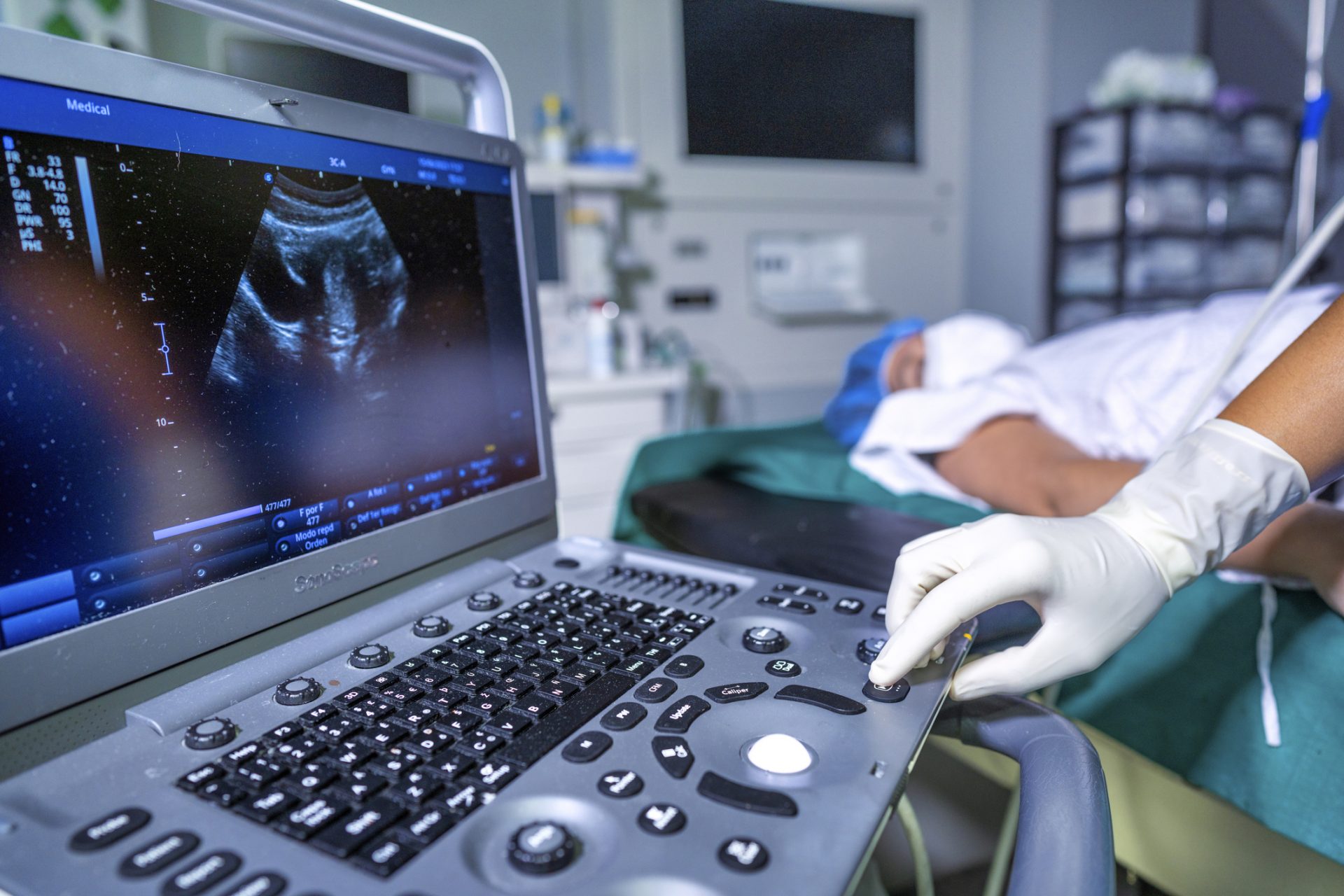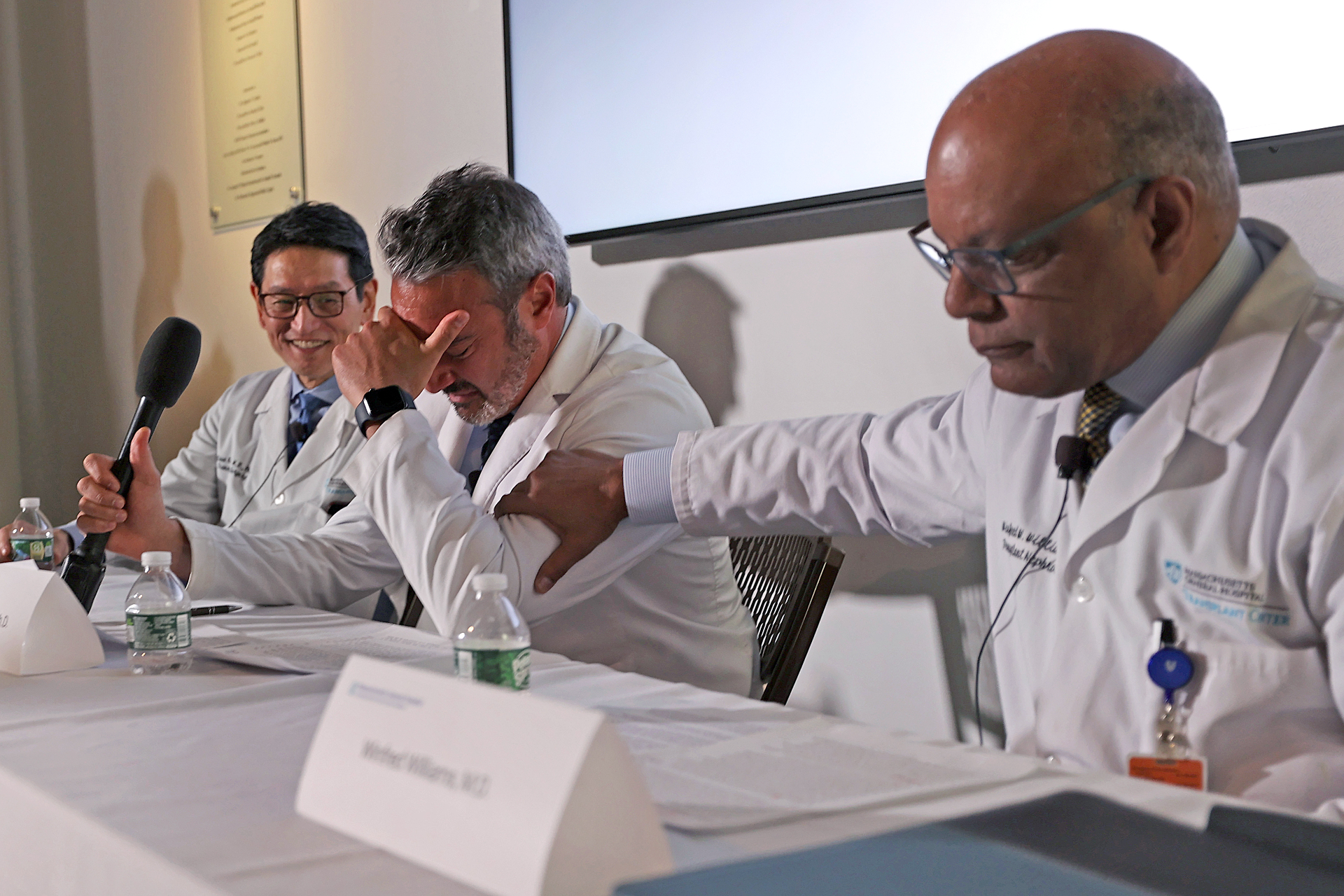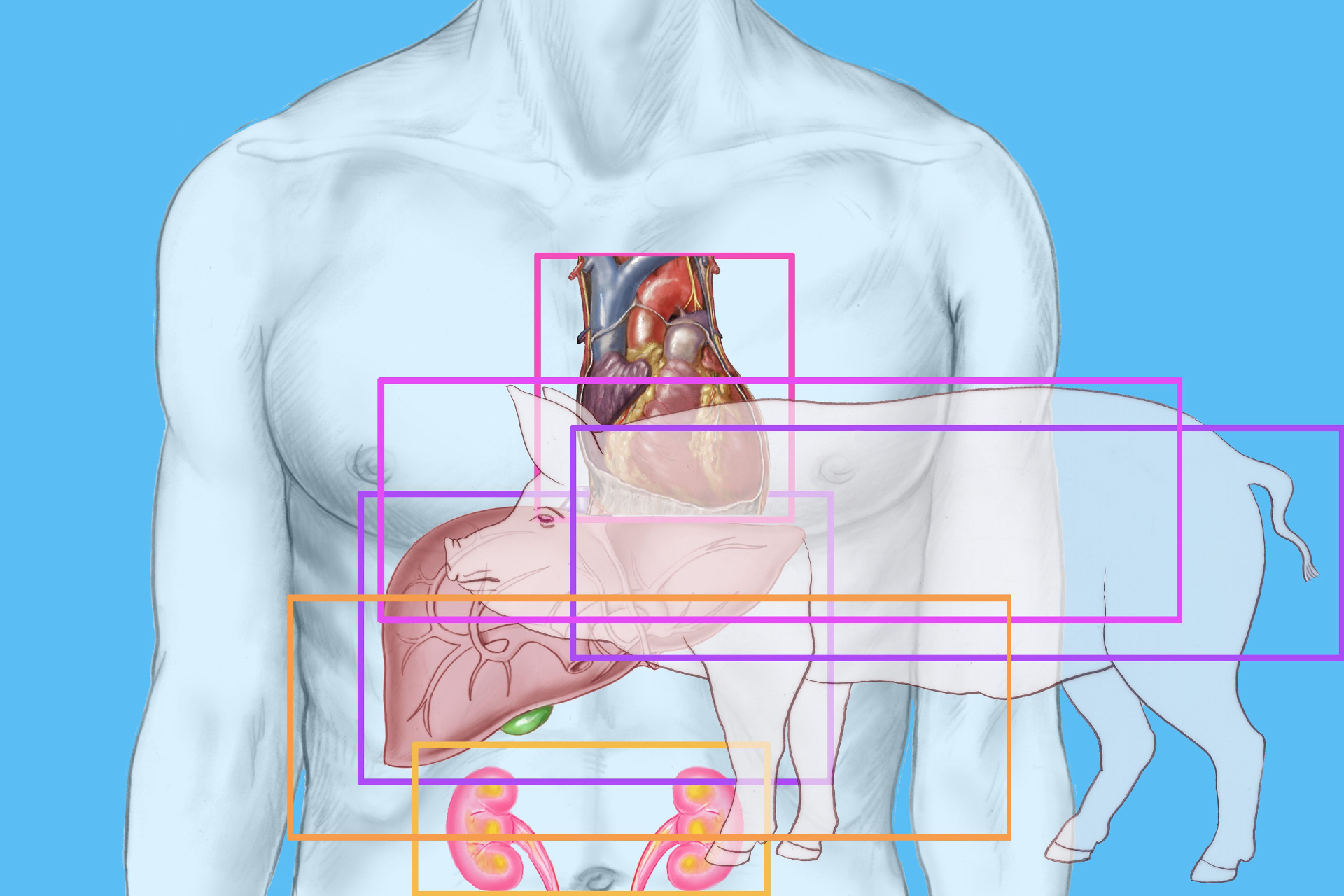Surgeons performed another successful gene-edited pig kidney transplant
A 53-year-old Alabama woman became the third patient in the US to receive a kidney transplant from a genetically modified pig. A team of surgeons from NYU Langone Health operated.
According to the New York Times, the patient, Towana Looney, had a hard time finding a human donor because she had high levels of antibodies and found a solution in the experimental surgery.
Ms. Looney left the hospital 11 days after the surgery. “I’ve never felt better,” she told the newspaper. She has been off dialysis, and her chronically high blood pressure has fallen, doctors said.
She is the third patient to receive a modified pig kidney transplant in the US. However, according to the newspaper, she is also the healthiest of the three.
The last patient to receive such a transplant was Richard Slayman, who passed away two months after the surgery at Massachusetts General Hospital. The doctor said his death was not related to the transplant.
Mr. Slayman will always be a fundamental part of transplant history. According to the hospital, it was the first pig kidney transplant into an active human, and he took the chance to give hope to all patients on transplant waiting lists.
According to AP News, the surgery lasted four hours. At a news conference after the procedure, Dr. Tatsuo Kawai, the transplant surgeon, said Slayman was in good health.
Experts cited by the BBC said the surgery was a historic milestone and could forever change the way we deal with organ transplants. "I saw it not only as a way to help me but a way to provide hope for the thousands," Mr. Slayman told AP News.
According to CNN, several scientists have researched how to make pig kidney transplants possible since the 1960s, primarily how to ensure the body would accept the organ.
However, with the advancement of genetic editing and private investment, growing a kidney that a human body would accept became a possibility, opening a new door for transplants.
According to the BBC, pig-grown genetically modified kidneys could help solve the most pressing issue for organ transplant: shortages.
Only in the US, the broadcasting company explained, more than 100,000 people are waiting for a transplant, while only 23,000 donate every year.
"I am firmly convinced that xenotransplantation (from animals) represents a promising solution to the organ shortage crisis," Leonardo V Riella, medical director for kidney transplantation at MGH, told Al Jazeera.
More for you
Top Stories



